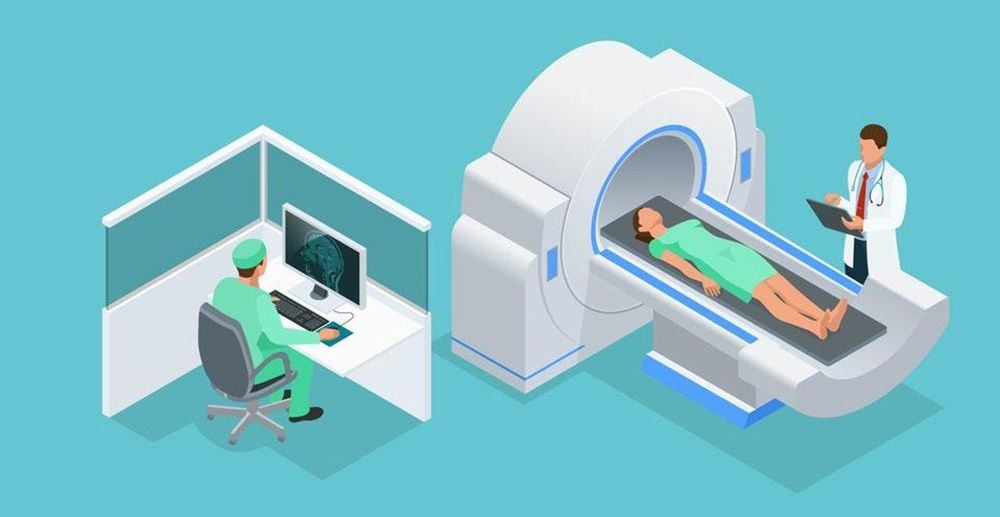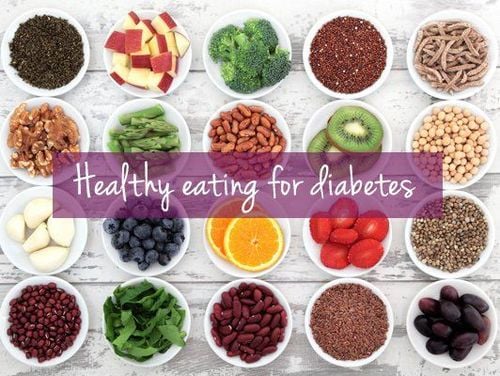Belly fat is known as organ fat, it not only declines beauty but also causes many risks such as diabetes, heart disease, or obesity. Many people choose intermittent fasting to reduce their excess belly fat. However, is this eating pattern really as effective as expected?
1. Some facts about belly fat
In fact, most people have a fixed amount of belly fat, even people who have flat stomach muscles. However, having too much belly fat affects your health in different ways.
Some fat lies right under your skin, others may lay deep down or around the heart, liver, lungs, and other organs. The fat laid deep down is called organ fat – they are considered mattresses, which support organs in the body.
We only need a minimum amount of organ fat. If this organ fat is too much, it will cause dangerous situations like hypertension, heart disease, type 2 diabetes, aphrenia, colon cancer, and breast cancer.
When you are overweight, the body starts storing fat in certain areas, especially around the heart. Even skinny people may have lots of organ fat. The amount of excess fat you have will depend on factors such as your genes, lifestyle, and physical activity levels.
Organ fat tends to accumulate more in people who do not exercise daily or have an unreasonable diet. Therefore, whether you are skinny or obese, the important thing is to take part in sports activities daily to avoid storing belly fat or other unhealthy fat in the body.
2. How to know how much belly fat you have?
The most precise way to determine the amount of belly fat or organ fat is to have a CT scan or MRI. In addition to those methods above, you can use a tape measure at home to check it yourself.
You can take a tape measure, wrap it around your waist, and check your waist circumference. For the most accurate results, you should stand straight while measuring. The ideal waist circumference is under 35 inches for women and under 40 inches for men.

3. Does fasting decline belly fat?
In recent years, intermittent fasting has become a common method. When using this method, you still eat normally on some days in a week and just spend a few days cutting down on your calorie intake.
Some research points out that intermittent fasting is effective in the short term. People who follow this diet can lose weight, belly fat, and signs of inflammation.
When you’re fasting, your body's cells are under mild stress. On days when you consume fewer calories, your cells increase the ability to cope with stress and fight off certain diseases.
Does fasting decline belly fat? Within 12 hours of not eating, your body begins to save energy and function more efficiently. If the store of glucose or sugar is empty, the body will use fat and create chemical byproducts called ketones. These circulate throughout the body, improving insulin sensitivity, nourishing the brain, and reducing inflammation. Besides, the blood sodium levels and TMAO (which regarding to heart disease) also drop dramatically, while red blood cell counts increase, promoting heart health.
Furthermore, brain-derived neurotrophic factor (BDNF) – a protein necessary for maintaining healthy nerve cells increases dramatically. Meanwhile, cells switch from active to resting mode, repairing and cleaning up faulty mitochondria (the cells’ energy generators) and reducing oxidative stress (cell damage that causes tissue to age).
When we eat again, our cells have adapted and are better at using fats, proteins and carbs. Nutritionists say that switching back and forth between fasting and eating may have many health benefits, including weight loss and belly fat reduction. However, to lose belly fat and get the needed nutrients, you should eat a healthy diet, limiting sugary desserts and processed foods.
4. Some risks in fasting to lose belly fat
Many people use fasting methods to lose belly fat, but sometimes it turns into an unhealthy habit of eating and fasting.
For people with diabetes or those taking medication to control blood sugar, fasting can cause blood sugar levels to decline to dangerous levels. And for skinny or old people, fasting can cause bone and muscle loss.
The best thing to do is to consult with a nutritionist before using the intermittent fasting method if you’re under any health problems.
5. Efficiency methods to decline belly fat
Belly fat or organ fat is considered the main cause of the increased risk of heart disease, type 2 diabetes, and some other diseases. Instead of applying intermittent fasting to lose weight, you can still significantly eliminate your excess belly fat through changes the lifestyle and dietary as follows:
5.1. Supplement with more soluble fiber
Soluble fiber absorbs water and forms a gel-like mixture, helping to slow down the digestion of food in the body. Research has shown that this type of fiber helps promote weight loss by making you feel full faster, therefore naturally limiting your appetite. In addition, it also decreases the amount of calories your body absorbs from food.
In particular, soluble fiber can fight belly fat. The results of the research show that more than 1,100 adults found each 10-gram increase in soluble fiber intake was associated with a 3.7% reduction in belly fat over five years. So, you should try to add more soluble fiber-rich foods to your diet, including:
- Blackberries
- Flaxseeds
- Legumes
- Brussels sprouts
- Avocados
- Shirataki noodle

5.2. Avoid using foods that contain trans fat
Trans fats are commonly found in some margarines and packaged foods. Using lots of these fats can cause inflammation, heart disease, increased belly fat, and insulin resistance. An animal study showed that a diet rich in trans fats increased belly fat by 33%.
To help reduce belly fat and protect your health, you should read nutrition labels carefully and stay away from foods containing trans fats. They are often listed on product labels as partially hydrogenated fats.
5.3. Do not drink too much alcohol
Drinking too much alcohol can cause an increase in belly fat. Therefore, limiting your alcohol drinking will help you significantly reduce your waist size.

5.4. Eat a high-protein diet
Protein is an extremely important nutrient that helps you manage your weight.
Using a lot of protein will increase the release of the hormone PYY, which helps reduce appetite and promote a feeling of fullness. Furthermore, protein also increases the body's metabolic rate and maintains muscle mass during weight loss.
Research has shown that people who eat a lot of protein tend to have less belly fat than those who have a low-protein diet. Here are some protein-rich foods that you should choose, including:
- Dairy products
- Meat
- Fish
- Eggs
- Beans
- Whey protein
5.5. Control stress levels
Stress can increase belly fat by stimulating the adrenal glands to produce the stress hormone cortisol. Specialists say that high cortisol levels will increase appetite and promote the accumulation of excess fat in the abdomen.
On the other hand, women who already have a large waist tend to produce more hormone cortisol in response to stress. To help reduce belly fat effectively, you should take part in enjoyable activities that help control and manage your stress.
5.6. Exercise
Vigorous exercises will help you eliminate excess fat in the body, including organ fat. Specialists recommend that you should exercise moderately, at least 30 minutes a day, and do it about 5 days a week.
Some exercises to reduce belly fat that you should apply, such as brisk walking, jogging, or cycling. These activities make your heart beat faster and sweat more, burn organ fat, and improve your figure very effectively.
5.7. Get good and enough sleep
Sleep is important for many aspects of each person's health, including weight control. Research shows that people who don’t get enough sleep or sleep less than 7 hours a night tend to gain more weight and belly fat than people who get good quality sleep.
In addition, sleep apnea can also increase the risk of storing excess organ fat in the body. This is a sleep disorder that can seriously affect your health if not treated early.
Please dial HOTLINE for more information or register for an appointment HERE. Download MyVinmec app to make appointments faster and to manage your bookings easily.













